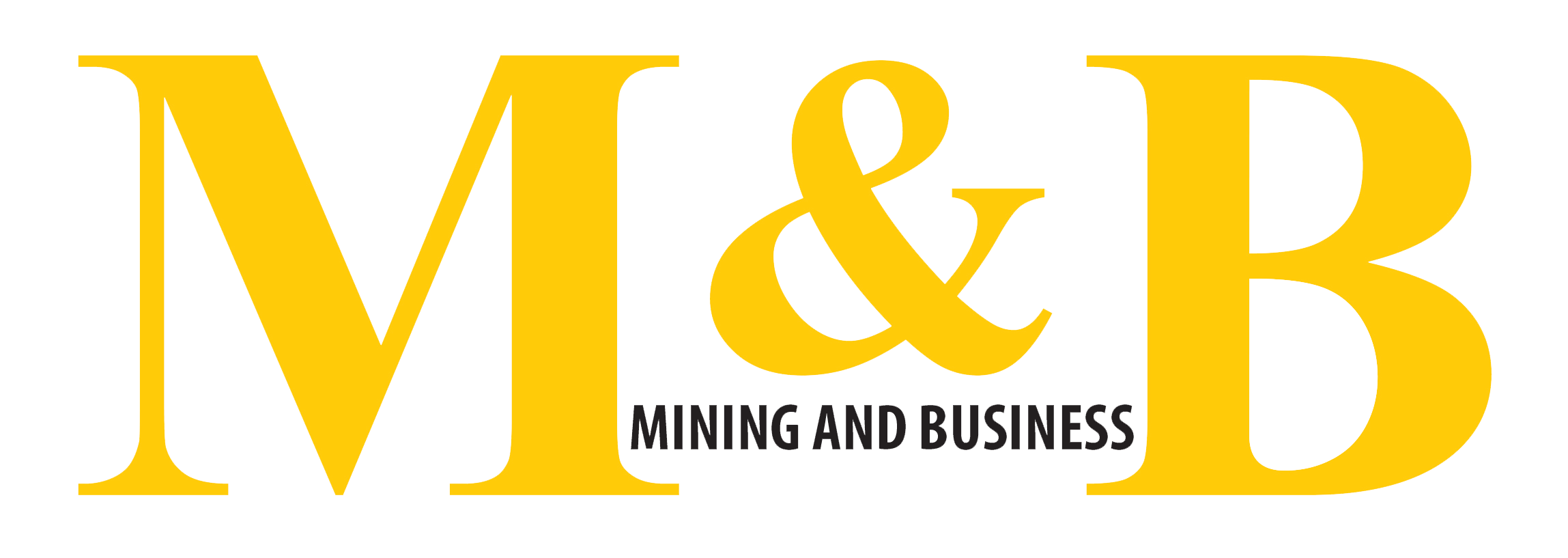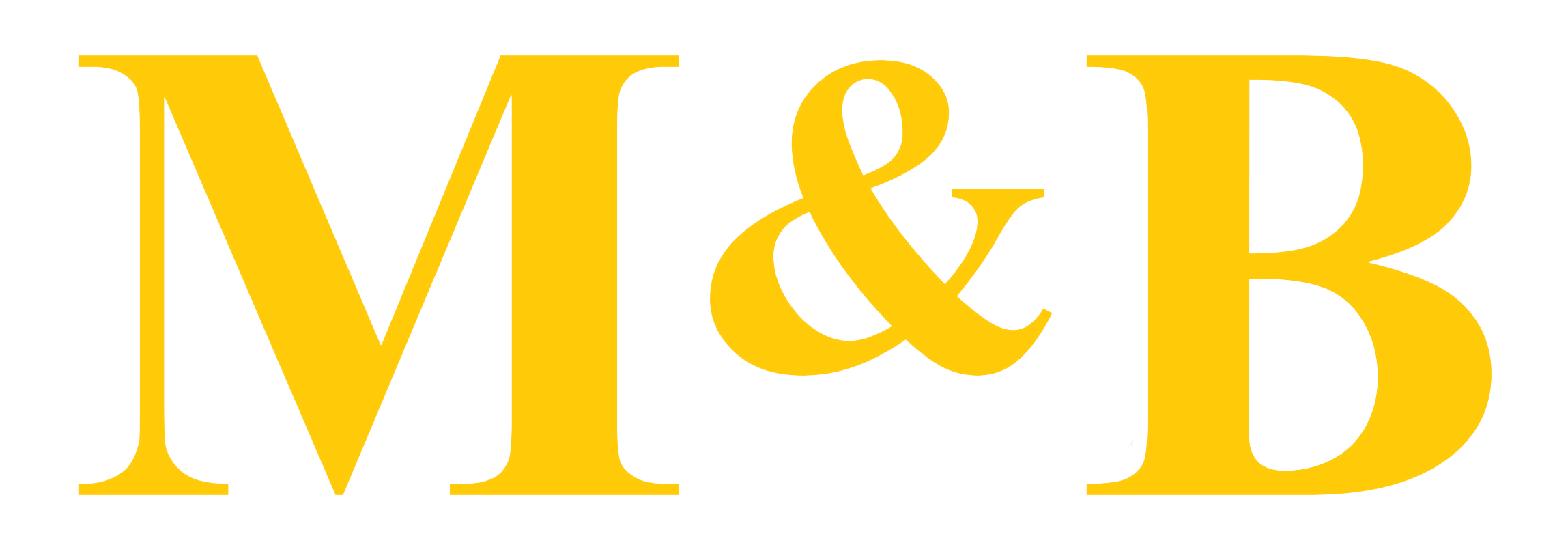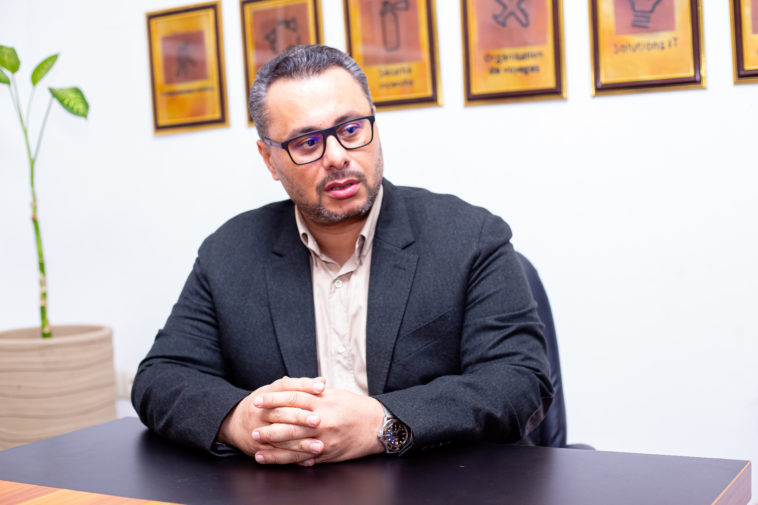Congo Support Services (CSS) is the Congolese subsidiary of the international group CIS, which specializes in the management of living bases in extreme environments. CIS has been operating in the Democratic Republic of Congo since 2010, and has developed a wide range of services (Facilities and utilities Management) around its core business, catering and hotels, providing turnkey solutions to its clients. Since the beginning of this year, CIS has launched the VR Training solution, a new way of training its employees. Andréas Michelis, Country Manager, presents this ambitious project.
Mining & Business: You have just launched the CIS VR Training solution, a new way to train your staff and your customers’ staff, can you tell us how this project came about?
AM: At the genesis of this project, there are men, a will, and an observation.
First of all, we realized that training is a fundamental pillar of our operational performance, and that it can be uneven from one site to another, from one country to another, because it often depends on the human skills available at a given moment. We therefore realized that a tool was needed to harmonize the level of training across the Group, in an effective, fun way that was accessible to the greatest number of people.
A desire to use the best in terms of technology, knowledge restitution, and support for our employees and subsidiaries in this major technological shift, and to offer an innovative teaching method – many large groups are increasingly using these VR tools, with impressive results.
Finally, there are people who are driven by a passion for the field, and who make us aware, day after day, of the need to support the development of skills of all the group’s employees, by guaranteeing a quality training program that is completely adapted to our work environment.
On a more practical level, our head office has set up a multidisciplinary workgroup, with business experts from operations, in order to create real virtual training courses dealing with the operational issues that affect us directly. Once all the courses and environments had been conceptualized and designed, we surrounded ourselves with experts in 3D modeling and gamification, in order to create practical training modules, close to our concerns, and allowing our employees to immediately identify themselves.
These modules were tested directly in the field, and the feedback from employees was taken into account in order to further improve the training tool. This project was therefore co-constructed directly with our employees and that’s a great thing.
M&B: Why did you come to choose this training solution?
AM: The training creates a realistic and immersive simulation of work scenarios that were previously too difficult, expensive or dangerous to prepare for (such as hazardous material spills, realistic height training, etc.).
This solution stimulates the users’ senses and thus activates their memory, allowing them to retain skills better than in regular training.
CIS VR training reduces training costs, as there is no need for large, expensive training centers. In addition, the availability of experts nationwide can be a real logistical and human issue – with VR, we ensure that all employees in the group have access to the same quality of training, regardless of location and national context.
Training modules can be repeated until fully memorized and are available on demand for a large number of employees.
M&B: What training is available through this technology?
AM: The training currently available is focused on Food Safety with 6 topics:
- Hygiene Basics and Handwashing;
- Cross contamination in the kitchen;
- Cleaning and disinfection;
- Cooking and hot link + temperature control;
- The cold chain, cold storage;
- Basic food safety, pest control, kitchen maintenance, sampling and daily controls.
These training modules are available in 5 languages, which represent the most common working languages of the group, namely: French, English, Brazilian Portuguese, Kazakh and Russian.
In addition, a module on occupational health and safety is being developed for additional environments (logistics warehouses, base camp rooms, laundry rooms, etc.).
M&B: What are the benefits for your staff and your customers?
AM: The VR solution allows you to recreate a simulation that is as close as possible to the realities of our teams’ daily lives and allows users to enter an environment that is familiar to them.
By alternating phases of classes, exercises, questions and feedback, the employee is at the heart of an immersive experience! It is also a beneficial tool for HR teams, as all trainees are monitored and their areas for improvement are analyzed.
For our employees, it is a great tool for reinforcing core knowledge related to their core business, with an excellent information retention rate, as it stimulates many senses.
For our customers, it is the assurance of having personnel trained through the latest technologies on very sensitive topics – food safety having a direct impact on the conduct of operations on site, and occupational safety being one of the priorities of our customers on their various operations.
M&B: What are the opportunities for your customers?
AM: We have acquired a very valuable know-how in the realization of training in virtual reality, and on topics that directly affect our customers – occupational health and safety, environment … If it is obvious that our customers will benefit from our work on QHSE topics, we now have the ability to offer our customers to develop their own training program in VR – on topics more related to their operational and safety concerns. It is a real advantage to have such a tool, given its capabilities.
M&B: Thank you.





